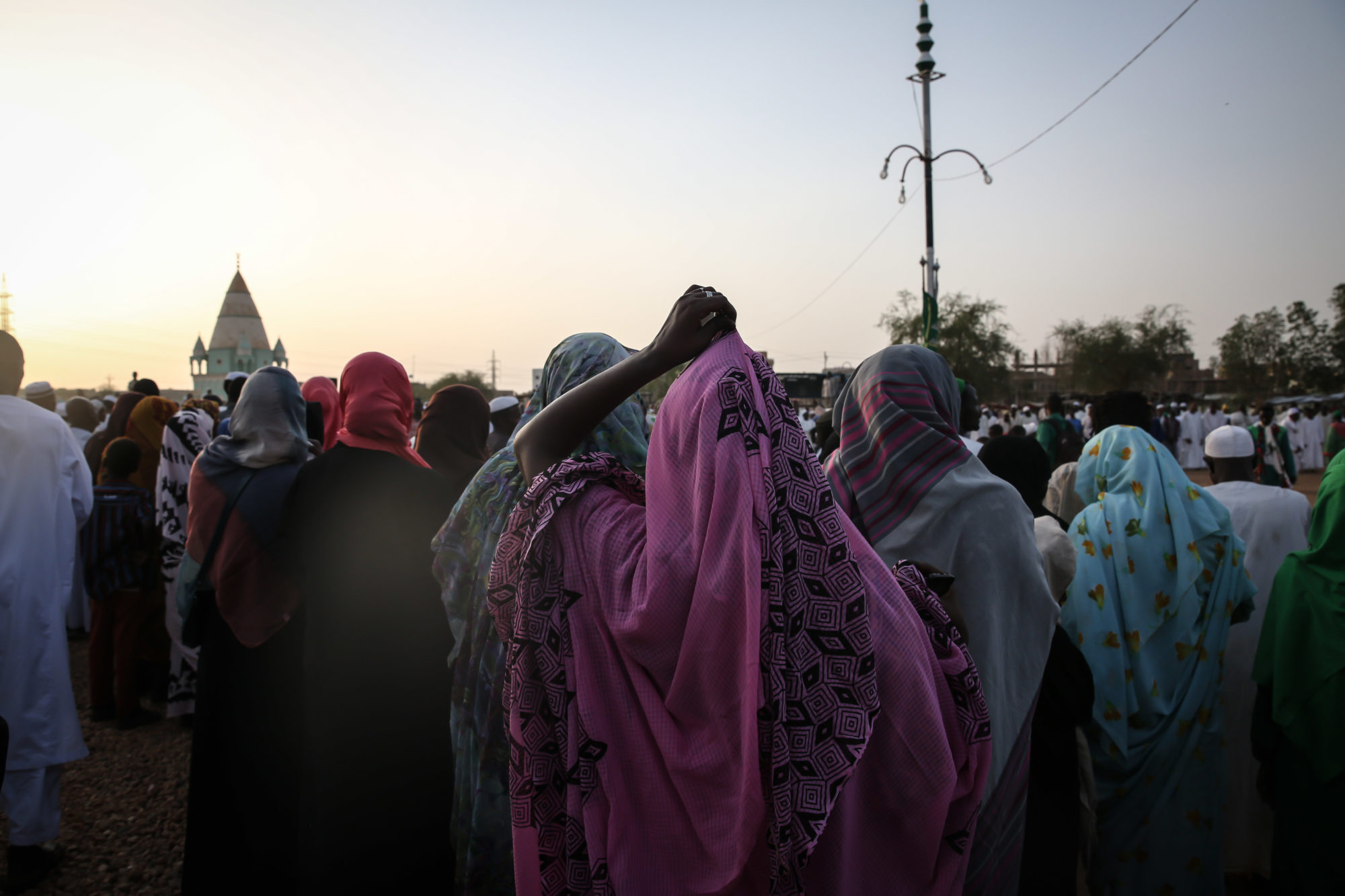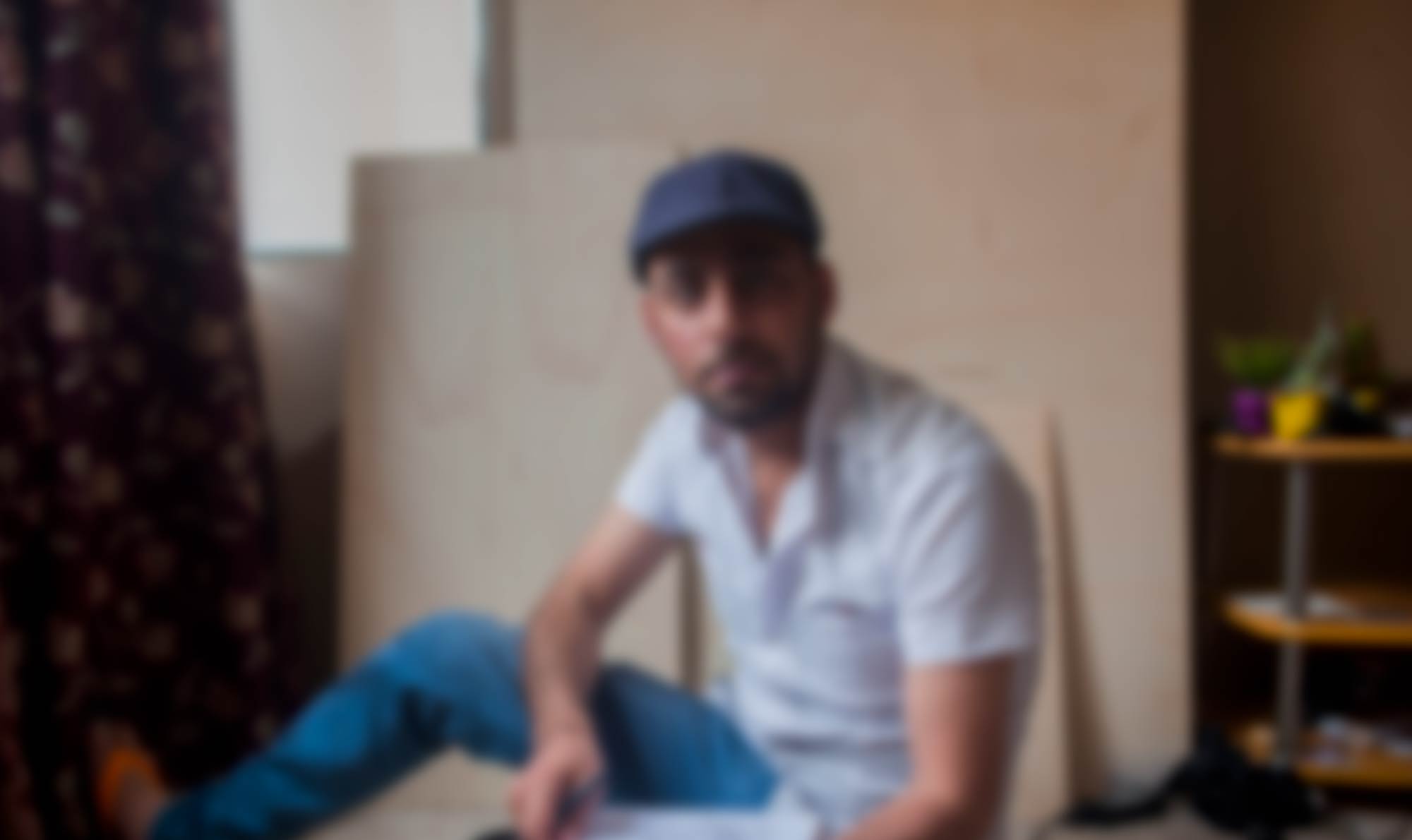One migrant’s tale speaks volumes about the plight of asylum seekers who today find themselves stuck, facing exploitation and corruption, in Sudan and Libya.
It took two months for Helen to fully regain her memory after her first attempt to get into Libya.
The clarity of hindsight returned, and, in a cramped, unlit room in the Sudanese capital Khartoum, she sat slumped, her delicate features crumpling as she recounted a harrowing odyssey from her home country to the desert in the north.
The 22-year-old Eritrean had set off in a group of 87 migrants, all eager to move on from the discrimination and exploitation they had experienced in Sudan. But now almost a third of them were dead or missing. “All of us lost our minds,” she said. “We couldn’t remember where we had been.”
As soon as she had finished school, Helen, whose name has been changed for her safety, was forcibly put to work for her native Eritrea’s navy, a sentence with no end in sight.
So in 2015, she escaped, making it across the border and into Sudan.
It didn’t take long for her to meet a smuggler – the sort of man who watches closely for new arrivals in Khartoum. She was told a payment of the equivalent of $1,600 would get her to Libya, where she could pay the same again for sea passage to Italy.
No one had to provide the money upfront, Helen explained. Once she arrived in Libya, smugglers would contact her parents in Eritrea and make them cough up the funds. That is standard practice among migrants travelling from the Horn of Africa. It’s a recruiting tool for smugglers, encouraging poverty-stricken youth to keep moving. Although she was ashamed to ask, Helen knew her parents had properties they could sell.
The first hurdle came right outside Khartoum, where local security forces operate regular checkpoints. Helen said her convoy was stopped by what she believes were Sudanese soldiers, dressed in green khaki. What is certain is that they were also thieves. They confiscated IDs before questioning them. “The men investigated harshly. We were beaten. If you refused you would be beaten more,” says Helen, who showed us scars she still has from the interrogation.

Eventually, they withdrew and the migrants were alone again, just without papers, money and luggage. For Helen, losing her bags also meant the small amount of food she had with her was gone.
Yet they continued, travelling for another four days before reaching a series of high mountains. There was only one road that could lead them through, and again, they came across a checkpoint and were threatened.
“We couldn’t identify them but they came to kidnap us,” she said. This time, the crooks were Sudanese or Chadian, again looking like military personnel. Three vehicles in the migrant convoy were set alight during the fight. A number of drivers were arrested.
The smuggler she had travelled with managed to get away. The migrants were mostly injured and bloodied, speeding away from clashes in their remaining vehicle. As they fled, one fell off the back of the truck onto the ground. No one stopped to help. “We don’t know what happened to him,” Helen said.
They drove for a long time before the vehicle broke down.
“We were in a very deserted area and had no way and means to go [anywhere]. We didn’t know which direction to go in. We spent about three days there without water and food. Most people struggled between life and death.”
Helen said she watched 26 of her companions die before a car stopped beside them and saved her life.
Today she is back in Khartoum, but without an ID card or refugee status she feels vulnerable to even more abuse and exploitation.
At the moment, she’s receiving a monthly stipend from the United Nations refugee officials — about $42, or just over half of the cost of her monthly rent.
Despite the horrors of her first journey, Helen says she is ready to leave again. Her goal is making it to the UK. And the first person to call her parents with the news she’s moved onto the migrant trail again will likely be a smuggler — phoning from Libya to demand payment.






